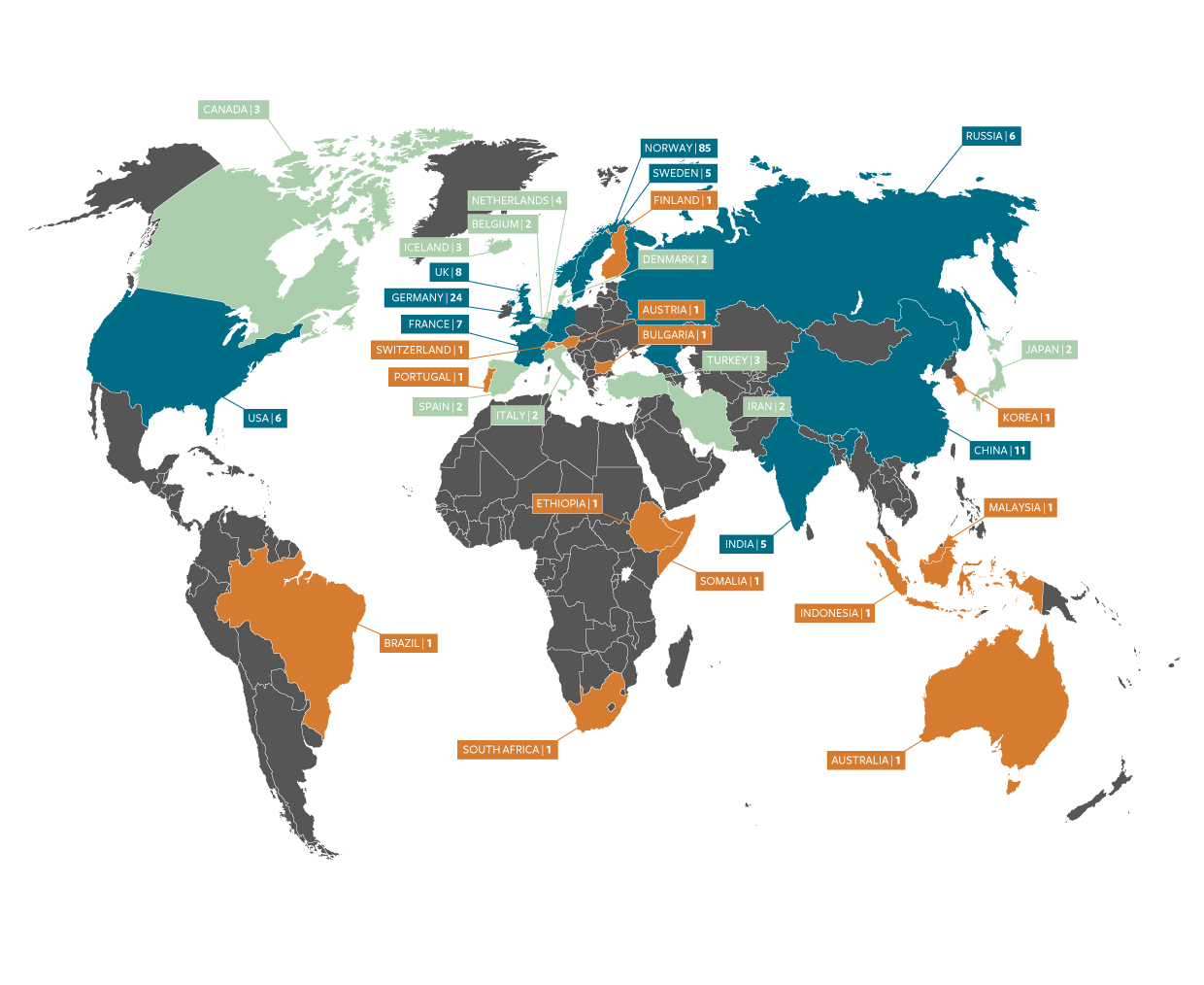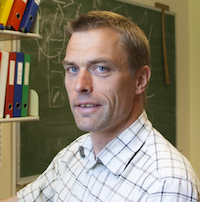
The Bjerknes Centre has experienced a number of changes during the past year. There has been a new governance structure including changes to the board, a new leadership and new research groups. The vision, scientific goals and strategies have been re-defined, and science and implementation plans have further been developed for each research group. Eight new internal projects have been identified to pursue a variety of important and challenging scientific questions. These projects are funded by the core grant from the government, and are important for building new competence.

As a consequence of the Centre’s high success rate in acquiring research grants from external funding sources, there has been a rapid growth in personnel. The total number of academic (scientists, post-docs, PhD candidates), technical and administrative staff increased from 150 to 194 during the year. The Centre is recruiting people from all corners of the world, and for the first time non-Norwegians are in the majority. A total of 32 nations and all six continents are now represented among the staff.
Producing good science
The number of peer-reviewed publications increased significantly and the Centre is more visible than ever in producing good science. Close to 140 articles in international journals have been published, with five in the Nature and Science suite of journals. With a number of new research projects just in their starting phase, and with many excellent PhD students and post-docs recruited, the potential for further growth should be good.
Focus on recruitment
The Centre continues its strong commitment to research training and recruitment, by offering a range of courses, workshops and summer schools organised by the National Research School in Climate Dynamics (ResClim), which is coordinated by the Bjerknes Centre. The activities this year included three summer schools: the IMPACT2C summer school on regional climate change impacts held in Rosendal, Norway, the ACDC2014 summer school on the Dynamics of the Greenland Ice Sheet at Disco Island, Greenland, and the Nansen-Tutu summer school on Agulhas in Cape Town, South Africa. Several other courses and workshops were initiated and organised by the PhD students themselves. The Bjerknes Centre has also established collaborations with the Bergen Science Centre, where PhD candidates are teaching and supervising schoolchildren on various aspects of climate and climate change.
More records
During the course of the year it became more and more evident that 2014 would turn out to be record warm, not only in Norway, but also for northern Europe and the globe as a whole, although measurement limitations makes it impossible to state the latter with certainty. With warmer air comes more moisture to our latitudes, and severe flooding in many Norwegian west-coast villages in October reminded us about one aspect of climate change, i.e. increased frequency of extreme precipitation. On the other hand, extensive regions of the world are experiencing the opposite with concomitant dramatic impacts – a lack of water leading to long-lasting droughts and crop failures.
